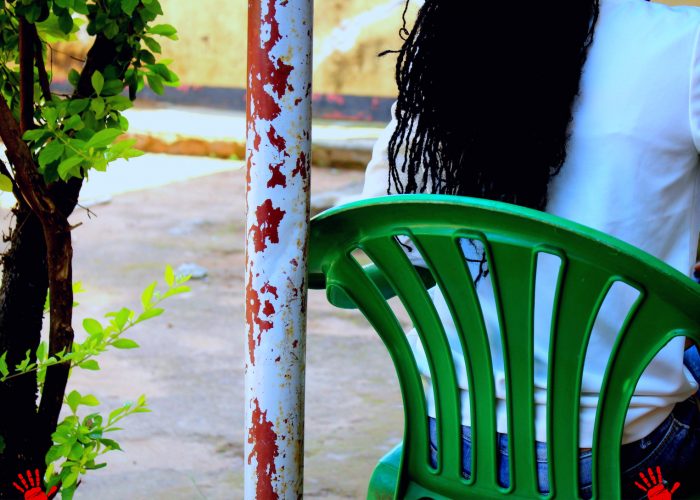
OUR LIVED EXPERIENCES AND THIS IS US
Where are the Lesbians, Bisexual and Queer Women in Uganda? They are your sisters, mothers, daughters, cousins and they are your service providers lawyers, nurses, coaches and law-abiding citizens.
“My mother keeps on asking me when will I ever get married, but one thing she doesn’t know my other ‘housemate’ who visits her over the weekends is my partner. She loves her so much but what if she gets to know she is the love of my life?”
MORE ABOUT THE DOCUMENTING THE LIVED REALITIES OF LBQ WOMEN IN UGANDA
Before this project started we realized that the situation of LBQ women in Uganda was worsening because of the presence of criminalizing provisions in the Ugandan Penal Code which instigate a lot of stigma and discrimination. This stigma and social exclusion have driven many LBQ women to live in fear and suffer numerous human rights violations.
The LBQ women suffer multiple obstacles and discrimination: as women, (like other women) they are subject to discrimination and are at high risk of violence, because of their gender; as persons belonging to LGBTI community, they suffer discrimination and violence because of their sexual orientation. Owing to this vulnerability, Many LBQ women suffer sexual violence especially lesbophobic rape also known as the “corrective rape” because they are not educated about their bodies and they do not have the knowledge base to identify sexual violence.
The LBQ women also continue to be side-lined from the women’s movement. Often times when there are issues at national level affecting women in general, the LBQ community stands with the women’s movement and yet when the tables are turned, the LBQ women are left to fight their own battles.
This could be due to fear of ridicule from the general society that the women’s movement is promoting and recruiting young women and girls into homosexuality. However, LBQ women are women who face the same challenges and oppression economically, systematically, politically and equally play a role in advocating for the women’s rights and freedoms in Uganda. There exists no data on the actual scope and lived experiences of marginalization and discrimination of LBQ women in Uganda.
It is against this background that this project seeks to provide the space and mechanisms for LBQ women to share their daily lived realities to help debunk the myths and misconceptions surrounding their lives and to promote social understanding and inclusion.
